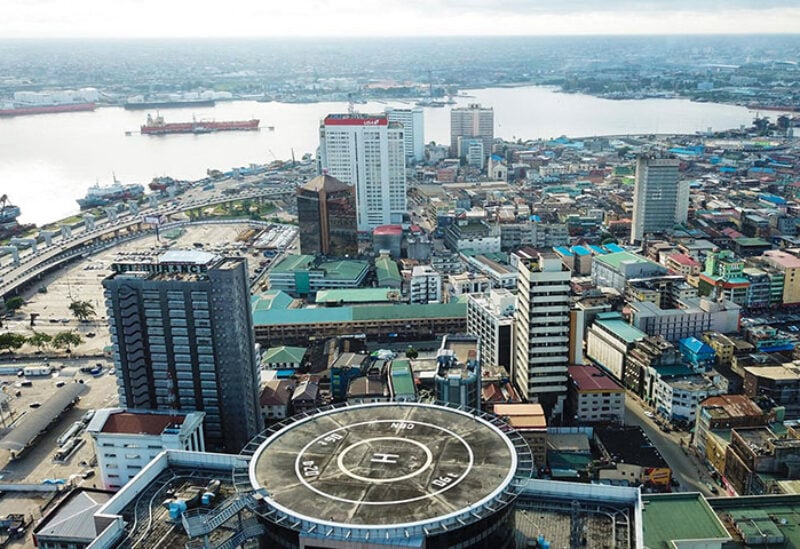
Nigeria
Nigeria’s economy grew 0.5 percent in the first three months of the year, lifted by higher crude production and oil prices, the country’s statistics office said on Sunday.
Activities in Nigeria slowly gain momentum after the gradual easing of coronavirus lockdowns.
Africa’s largest economy, exited its second recession since 2016 in the fourth quarter, despite a full-year contraction in 2020.
Nigeria had been struggling with low growth before the coronavirus pandemic triggered a recession and created large financing gaps, including dollar shortages and inflation.
“The Q1 2021 growth rate was slower than the 1.87 percent growth rate recorded in Q1 2020 but higher than 0.11 percent recorded in Q4 2020, indicative of a slow but continuous recovery,” The National Bureau of Statistics (NBS) said.
The NBS said the non-oil sector, which the government is trying to make the main growth sector, rose 0.79% in the first quarter. Telecoms, crop production, real estate, food manufacturing and construction lifted growth in the quarter.
Crude prices rose above $70/barrel on Tuesday but fell on Wednesday on renewed demand concerns as COVID-19 cases in Asia rose and fears that rising inflation might lead the U.S. Federal Reserve to raise rates, which could limit growth.
Oil, which accounts for around two-thirds of Nigerian government revenue and 90% of foreign exchange, contracted 2.21% in the first quarter as crude production rose to 1.72 million barrels per day from the fourth quarter.